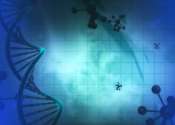Neanderthals may have been morning people, says new study
A new research paper finds that genetic material from Neanderthal ancestors may have contributed to the propensity of some people today to be "early risers," the sort of people who are more comfortable getting up and going ...









